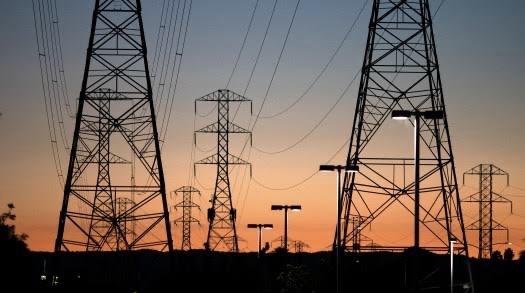KEY POINTS
- NERC has transferred regulatory control of Bayelsa’s electricity market to the state’s agency, BYERA.
- Port Harcourt Electricity Distribution Company must create a Bayelsa-focused subsidiary by February 2026.
- Bayelsa joins 10 other Nigerian states with authority to run intrastate power markets under the Electricity Act 2023.
On Monday, the Nigerian Electricity Regulatory Commission, NERC, announced that it had given the recently formed Bayelsa Electricity Regulatory Agency (BYERA) control over the state’s power market.
The action comes after the Electricity Act 2023 and constitutional amendments that permit states to manage their own intrastate electricity markets after they have established the necessary institutional and legal framework.
Under the new agreement, Bayelsa will be in charge of licensing operators within its boundaries for distribution, transmission, and generation. A large portion of the decision-making power will be transferred away from Abuja, and it will also supervise investments and enforce compliance.
Shift gives Bayelsa powers to license investors
Additionally, the order mandates that Bayelsa’s current supplier, Port Harcourt Electricity Distribution Company Plc, establish a subsidiary specifically focused on the intrastate power market in the state. Within 60 days of August 21, 2025, that unit, PHED SubCo, must be incorporated and obtain a new operating license from BYERA. The deadline for finishing all transitions has been set by NERC at February 20, 2026.
With this modification, Bayelsa joins Lagos, Ogun, Ondo, Ekiti, Enugu, Niger, Edo, Oyo, Plateau, and Imo as the most recent states to seize authority over their electrical industry. The expanding list, according to analysts, is a reflection of both the shortcomings of Nigeria’s centralized electrical system and the desire of states to seek out private funding for regional fixes.
“Bayelsa now has the power to shape its energy future, from attracting new investments to setting rules for intrastate electricity supply,” NERC said in its notice.
Despite having the largest economy in Africa and enormous natural gas reserves, Nigeria has long suffered from ongoing power outages. Homes and businesses are forced to use expensive diesel generators because installed capacity exceeds 13,000 megawatts, but actual daily generation frequently hovers around 4,000 megawatts. Supporters contend that state-level authority could encourage investment and spur innovation.
But there are still difficulties. It takes a lot of resources to develop efficient regulatory capacity at the state level, and working with the federal grid operator on interstate power flows may be difficult.
The move is particularly strategic for Bayelsa, a state in the oil-rich Niger Delta. Officials are placing their money on local oversight to support new industries that rely on dependable electricity and increase power access in underserved communities.



